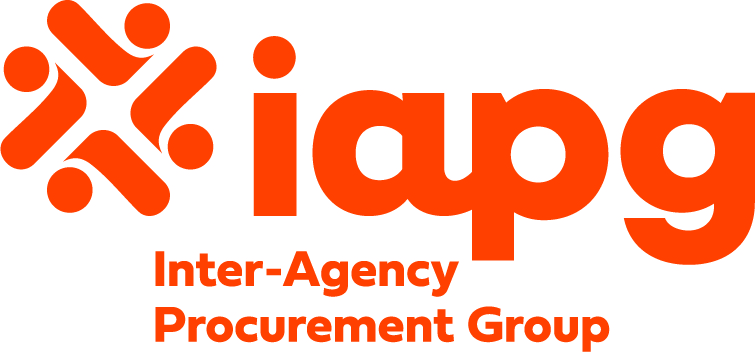Save the Children is an independent child rights advocacy international NGO operating in 120 countries across the globe. Its mandate is based on saving the lives of children through advocating for their rights and assisting them to fulfil their potential through public policy advocacy and child-led interventions that promote their sustainable development in areas including health, nutrition, education and broad-based social protection.
Civil society, including the organizations of children and young people, can play a pivotal role in influencing national and regional governance processes. Although the space these actors have varies from the lower to the higher tiers (for example from national governance to regional and Pan African levels), they have the right to engage with structures at all levels to advance their specific priorities and to hold them to account.
There are a wide range of instruments that can be used by CSOs and children to monitor the realization of governments commitments to children and citizens at large. These include among others, the UNCRC, the African Charter on the Rights and Welfare of the Child (ACRWC), NEPAD, REC level policies, national Constitutions, etc. These instruments are more potent in advancing the rights of children in countries with democratic experience because CSOs can use mainstream governance arenas such as parliamentary processes, legal measures, and the media. Even more, in some countries in the ESA region, some CSOs and government service providers have introduced innovative accountability mechanisms such as child-centered social accountability.
Against this background and with funding from DANIDA, The Save the Children Regional Programming Unit (SCI RPU) has been supporting the engagement of civil society organizations including those led by children and young people to engage in holding national governments and RECS to account on the rights and general welfare of children through its DANIDA LOT CIV project 2022-2023. Notables of these include, among others, capacity development to CSOs to use treaty body instruments in child rights monitoring and reporting; supporting the ACERWC to engage with Civil society actors, including those established by children and youth; working with the RECs and the ACERWC to develop guidelines on child participation. In addition, the RPU provided technical and financial support to coalitions of civil society organizations to develop the Concluding Observation Tracking Matrix (COTT Matrix).
So far, the targets of child rights monitoring and reporting have been national and sub-national governments. On the other hand, there is no practice of reporting on the progress made by regional and Pan African entities in the implementation of child and youth rights partly because these entities are not parties to any of the treaties and their role is more on meta policies than on implementation. In this regard, SCI RPU through its Child Rights Governance pillar is seeking to recruit a consultant to conduct a study on the impact of Children, Youth and CSOs engagement and participation in holding Regional Economic Communities (RECs) and governments to account.
TOR Danida CIV research and learning
EOI Danida CIV research and learning
